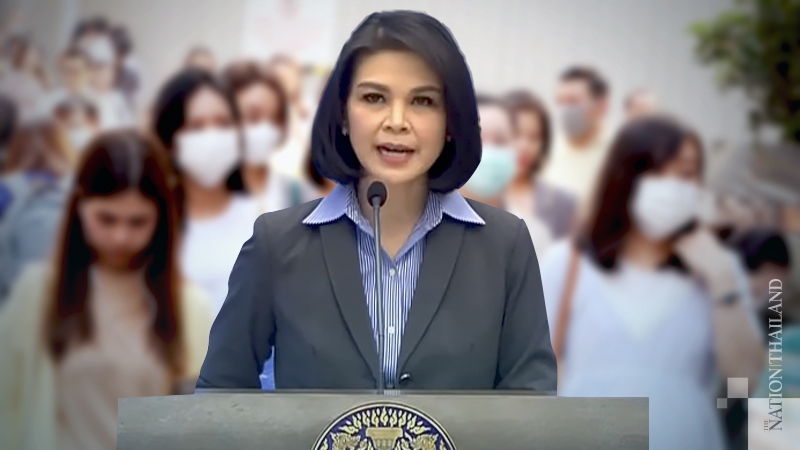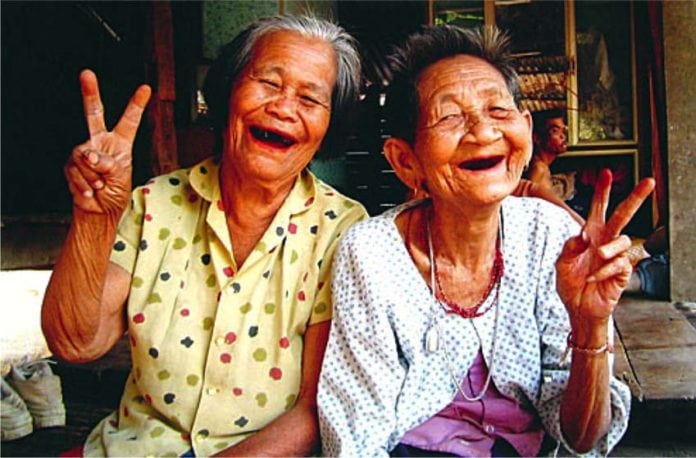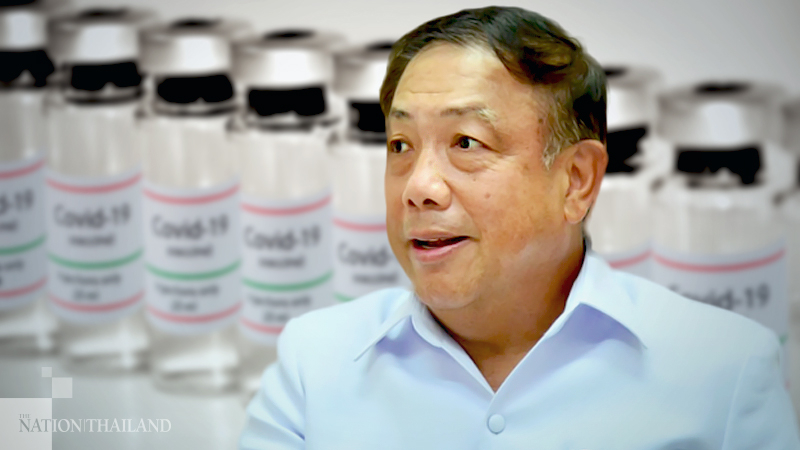TAT chief admits it could be THREE YEARS before Thai tourism is back to normal
Image: The Bangkok Insight
Following widespread criticism that Thailand's tourism authorities were being overly optimistic some realism and acceptance of the future is starting to set in.
The penny seems to have finally dropped with Tourism of Thailand governor Yutthasak Suphasorn who was speaking to The Bangkok Insight yesterday.
Though he still expressed hope that the so-called "vaccine passport" could help by ending tourists' need to quarantine.
His comments come as industry leaders have urged the government to save what is left of the ailing tourism sector - 20% of Thai GDP at least - before it is too late and there is nothing for foreign tourists to return to.
Yuttthasak was no longer plucking figures from the ether about 10 million foreign tourists visiting this year. In fact no figures were given at all.
His comments were much more guarded though there was still some cause for optimism in his remarks.
He said that it would be 2 to 3 years before Thailand's tourism sector was back to anything like normal. He said he expects foreigners to start coming again by mid-year "but not fully".
He thought that this January had seen the worst of Covid and things were looking brighter now.
He expected Thais to start travelling again at Songkran (in April) claiming that they were raring to go. He expected the government to be facillitating this.
Last year the entire festival was cancelled amid fears of a spread of the virus, notes Thaivisa. What form it takes this year remains to be seen and will largely depend on what degree the second wave outbreak is under control come the tradition Thai New Year holidays.
Yutthasak admitted the tourism operators were in dire straits; he stressed the need for support for staff and downtime to be used in what he called "upskill" and "reskill" of workers.
He observed that the tourism economy was an important driver for the wider Thai economy.
The governor struck a positive note when it came to certain aspects of the return of foreign tourists.
He said that he was receiving good reports from 29 TAT offices worldwide regarding vaccine programs abroad.
He cited the example of the Scandinavians who he claimed all wanted to beat a path to Thailand's door in the hot season.
Thaivisa notes that this seemed strange. Scandinavians were previously well known for largely ignoring Thailand in the hot season and in the European summer, favoring places like Krabi in particular in the cold European winter.
Many TAT offices, he said, pointed to the return of foreign tourists to Thailand in the FOURTH quarter. Previously he was bullish about the third quarter that begins in June.
He also noted that tourism minister Pipat Ratchakitprakan's "vaccine passport" plan had merit and had been discussed at a small cabinet committee.
If given the go ahead this would see foreigners not having to quarantine when they come to Thailand.
All along since the days of the much ridiculed STV, quarantine has been seen by everyone outside the tourism ministry and TAT as a major obstacle to foreign tourism.
The special tourist visa is now not even being mentioned.
Other tourism leaders quoted by the media also put faith in a vaccine passport and said that government support for tourism businesses needed to be fast before they went under.
Yutthasak said they needed to "grit their teeth".
Government policy regarding tourism needed to be clear, said the leaders.
And therein lies the nub of the matter.
Critics have noted the "flip-flop" of the Thai government pinning their hopes on one false dawn after another. They have said there is a lack of overall strategy with different ministries, departments and individuals competing for the limelight with one ill thought out scheme after another.
Now many are pointing fingers when it comes to the rollout of vaccinations inside Thailand.
With June before mass vaccinations begin some are saying this is too slow while the whole procurement process of vaccination doses, the companies involved and possible vested interests, are all coming under increased scrutiny both in Thailand and abroad.
Comments from senior leaders like health minister Anutin Charnvirakul and DPM Prawit Wongsuwan in dismissing criticism and being economical with information have done nothing to allay concerns.
Source: The Bangkok Insight






















